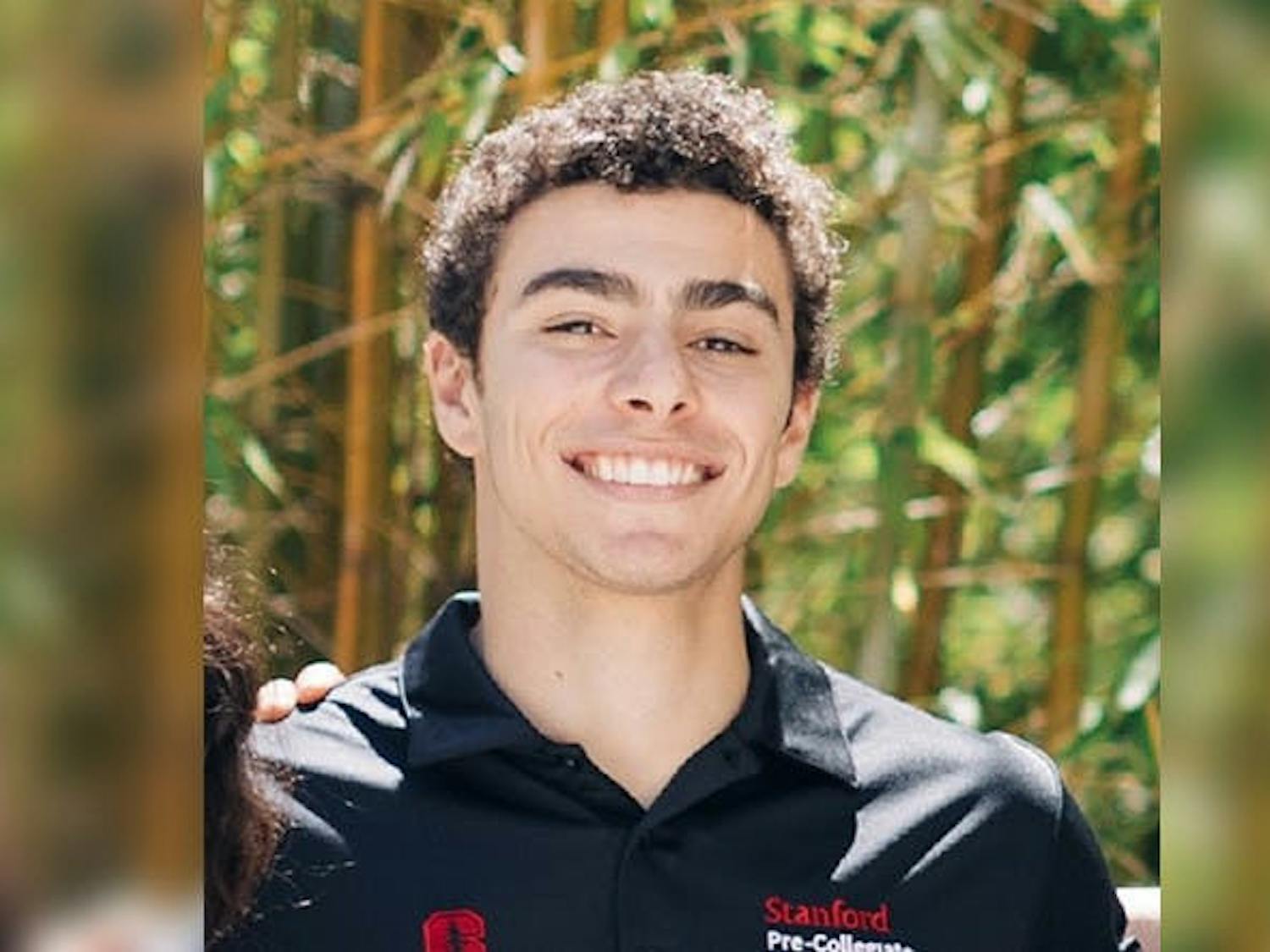Officials involved with Center City's special services district said yesterday they believe recent decreases in the area's crime rate are tied to the neighborhood's ability to levy additional taxes. The money from those taxes goes toward better security, lighting and infrastructure. The news is encouraging for Penn administrators, who recently announced that the University is pursuing the establishment of a similar district for University City. The Center City District reported its lowest crime rate in years at a ceremony last week marking National Crime Month. And police statistics indicate a 27 percent decrease in major crimes -- homicide, rape, robbery, aggravated assault and burglary -- in the downtown area. These numbers sharply contrast with the reported 10 percent increase in major crimes in the rest of Philadelphia during 1994-95. In a poll conducted by the Center City District, 61 percent of respondents said they always feel safe in the neighborhood, and 70 percent said the general atmosphere in Center City has improved since the establishment of the district five years ago. Stacy Irving, Center City's director of crime prevention services, said the decrease in crime resulted from a partnership between the police and the district, emphasizing that the district itself is only half of the solution. Lt. Bill Schmid, commanding officer of the Center City District police substation, said police and the services district efforts have produced a neighborhood where "it looks like the government is in charge." The results, Schmid explained, are positive trends in Center City crime fighting. "[Government presence] stimulates the economy, so there are more people on the street -- which is our best friend," Schmid said. "It is like a circle. We were going backwards; now we are going forward." Schmid also attributed the decrease in crime to new police technology such as the MapInfo system, which provides computerized crime tracking and allows police to target crime trends and problem areas. But Center City's success with crime may cause problems in other areas of the city, according to Penn Chief of Police Operations Maureen Rush. "When one area makes a concerted effort to minimize crime, the criminals in that area don't decide to stop their work, they relocate," Rush said. Schmid admitted that criminals may be relocating to surrounding areas, but said his main concern is crime in Center City. "My job is making the downtown safe," Schmid said. "If [criminals] have to commit a crime they have to go somewhere, but they are not coming here." But Penn Vice President for Government, Community and Public Affairs Carol Scheman said she has not seen any data to convince her that Penn's crime problems stem from a relocation of Center City criminals. And University President Judith Rodin said Monday that the latest numbers indicate a decrease in University City crime and an increase in the number of crimes solved over the past month. According to Schmid, a special services district is "exactly what the doctor ordered" to combat crime problems in University City. And Rush said a special services district could "improve a lot of issues that are the systemic causes of crime." Scheman added that Center City's positive results show exactly why neighborhoods want to implement the special services district program. "It is very clear that pedestrians, night life and uniformed people on street -- whether they are police or not -- help reduce crime," Scheman said. She added that the results in Center City are very encouraging and the University is consulting Center City District officials to determine what parts of their program can be successfully implemented near campus. Rodin announced two weeks ago at a University Council meeting that Penn will hold community gatherings to build support for the establishment of a special services district in University City. Both Philadelphia Mayor Ed Rendell and West Philadelphia Councilperson Janie Blackwell have expressed support for the initiative. Drexel University President Constantine Papadakis has also expressed interest in working with Penn. In addition, Penn plans to solicit aid from the Philadelphia College of Pharmacy and Science and the Children's Hospital of Pennsylvania.
The Daily Pennsylvanian is an independent, student-run newspaper. Please consider making a donation to support the coverage that shapes the University. Your generosity ensures a future of strong journalism at Penn.
DonateMore Like This
Here’s how Penn plans to celebrate America’s 250th anniversary
By
Arti Jain
·
7 hours ago
Van Pelt Library discontinues bag check security policy
By
Christine Oh
·
7 hours ago








